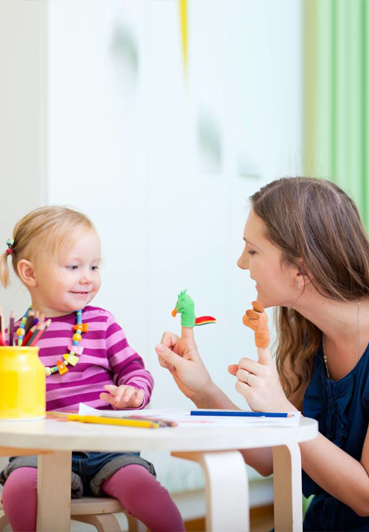Child development and diagnoses
Observing and monitoring child development is an important tool to ensure that children meet their ‘developmental milestones’ which is the general age at which certain skills are expected to be mastered.
Child development covers the full scope of skills that a child masters over their life span including development in:
- Cognition – the ability to learn and problem solve
- Social interaction and emotional regulation – interacting with others and mastering self-control
- Speech and Language – understanding and using language, reading and communicating
- Physical skills – fine motor (finger) skills and gross motor (whole body) skills
- Sensory awareness – the registration of sensory information for use
By monitoring a child’s developmental progress at particular ages, it allows a ‘check in’ to ensure that the child is roughly ‘on track’ for their age. This ‘check’ is usually carried out through child/parent services and Paediatricians as infants and toddlers, and later through preschool and school term skills assessments. The earliest possible detection (and early intervention treatment if appropriate) of developmental challenges can be helpful in minimising the impact these developmental hiccups can have on a child’s skill development and subsequently their confidence, or serve as an indicator of a possible future diagnosis. However, it is important to be aware that while child development has a predictable sequence, all children are unique in their developmental journeys and the times frames that they meet the many developmental milestones.
What to do if you have concerns around your Child’s Development:


